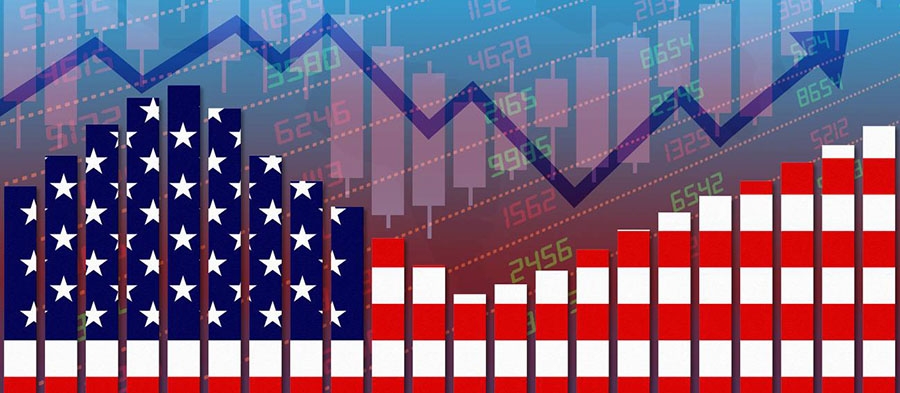Bloomberg economists Anna Wong and Eliza Winger pointed out in the report that in the 12 months to October 2023, the probability of a recession in the United States reached 100%, which is much higher than the previous estimate of 65%.
Additionally, the probability of a recession in the next 11 months rose from 30% to 73%, while the probability of a U.S. recession in the next 10 months rose from 0% to 25%.
The Wall Street Journal's October 7-11 survey of 66 economists showed that economists generally expect the U.S. economy to fall into a recession in the next 12 months. The possibility is 63%, higher than the July survey 49%, the highest since July 2020. In addition, among economists who forecast a more than 50% chance of a U.S. recession, the average expected recession time is 8 months.
So far this year, the Federal Reserve has raised interest rates sharply several times in an effort to tame inflation, but the move has also sparked investor fears of a recession. While the Fed is not officially forecasting a recession, central bankers do expect unemployment to rise next year. Fed Chairman Jerome Powell also warned that a sharp increase in interest rates from the central bank could bring some economic pain. The Fed may raise interest rates by 3 yards for the fourth time, days before the U.S. midterm elections in November.
U.S. President Biden also admitted a few days ago that the U.S. economy may fall into recession, but he believes that any recession will be "very mild" and that the U.S. economy is resilient enough to weather the storm. "I don't think there's a recession in the U.S., and if it does, it's going to be very mild. That means we're going to shrink a little bit."
